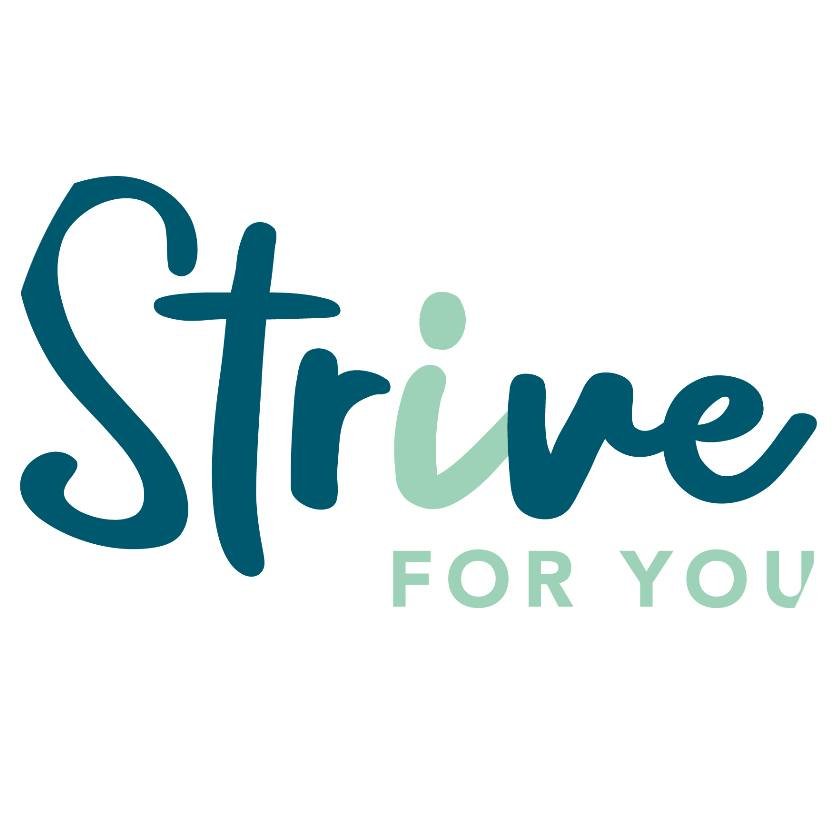Feedback and Complaints
Your feedback is important as it helps us to know what we are doing well, and what we need to improve.
As a member of the general public, or if you’re connected with Strive Together WA inc. in any way, you have the right to give us feedback, express your concerns, or lodge a complaint.
The following guidelines explain how you can do that. Choose from one of the following options to provide your feedback, concern or complaint.
Tell one of our employees
Visit us at our Head Office, 80 Landsdale Road, Darch 6065
Call us on (08) 92063400
Email feedback@strive.org.au
Complete our online feedback form below.
All feedback will be handled with confidentiality and discretion.
What happens after you lodge feedback?
We will endeavour to acknowledge receipt of your feedback within 24 hours (or the next working day).
Formal complaints will be investigated within 20 working days. If there are delays in this process, we will let you know.
You will be given the name and contact details of a person to speak to during this process.
All complaints are confidential and your privacy protected. Complaint information access is restricted to those who are responsible for managing the complaint. Identifying information will not be shared with any other person without your permission or where our policy requires it.
You will be informed of the outcome and you can ask for further information if you wish.
Appealing the outcome of a complaint
If you are unhappy with how your complaint was managed, please call us and ask to speak with a member of the Executive Leadership Team in the first instance. You can also seek external review through the following agencies:
Health and Disability Services Complaints Office
(08) 6551 7600 or 1800 813 583 or hadsco.wa.gov.au
NDIS Commission
1800 800 110 or feedback@ndis.gov.au
Advocacy
Advocacy means getting support from another person to help you express your views and wishes, and help you stand up for your rights. Someone who helps you in this way is called your advocate.
The role of an advocate depends on your situation and the support you want. But they are there to support your choices.
An advocate can:
Listen to your views and concerns
Help you explore your options and rights (without pressuring you)
Provide information to help you make informed decisions
Help you contact relevant people, or contact them on your behalf
Accompany you and support you in meetings or appointments.
An advocate will not:
give you their personal opinion
solve problems and make decisions for you
make judgements about you.
If you require the services of an advocate, you can contact:
Citizen Advocacy
P: (08) 9445 9991
W: www.capw.org.auHealth and Disability Services Complaints Office (HaDSCO)
P: (08) 6551 7600
E: enquiries@hadsco.wa.gov.au
W: www.hadsco.wa.gov.auMental Health Advocacy Service
P: 6234 6300
W: www.mhas.wa.gov.auMental Health Law Centre
P: 9328 8012
W: www.mhlcwa.org.au
NDIS Quality & Safeguarding Commission
P: 1800 035 544
W: www.ndiscommission.gov.auNDIA Internal Review
P: 1800 800 110
E: enquiries@ndis.gov.auPeople with Disabilities (WA)
P: (08) 9420 7279
W: www.pwdwa.orgOmbudsman WA
P: 1800 117 000
W: www.ombudsman.gov.au

